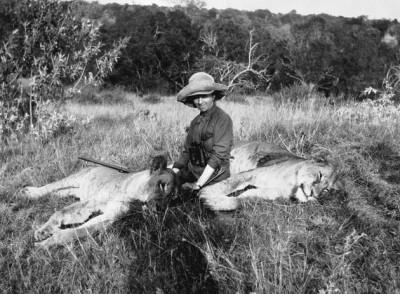
Muddy water is best cleared by leaving it alone.
– Alan W. Watts
It’s widely understood that a writer who leaves home and lives far away gains an edge when it comes to writing well about the world left behind. We assume geography is the only explanation for this added edge, but time might be just as important.
Writers need time to take the fodder of their own past and turn it into a richly imagined piece of writing, be it a novel or personal essay. Especially in today’s time-addled world, allowing the necessary time to elapse often proves a burdensome challenge.
I remember, during the years I lived in East Berlin, wondering what it was about hopping a Lufthansa flight from San Francisco to Frankfurt, and finally on to Berlin Tegel, that somehow infused my imagination with more clarity when it came to writing about earlier periods of my life. I failed to see that the key element was simply having a firm line of demarcation, so that in tapping the world I’d left behind I knew I was free from the dizzying distraction of the present.
Like any rules of thumb related to writing, this one can be thrown out the window – but the young writer trying to figure everything out all at once, through the writing, is likely headed for disappointment. Isak Dinesen (Karen Blixen), in writing the unforgettable opening line “I had a farm in Africa,” was obviously no longer in Africa as she wrote. Kurt Vonnegut lived through the madness of the U.S. and British fire-bombing of Dresden in 1945, but did not publish his masterpiece Slaughterhouse-Five until 1969.
Joan Didion said she wrote in order to know what she thinks, but her work demonstrates that she also understood that it took the passage of events, unfurling at their own pace, for clarity to emerge out of muddy water. Or maybe she learned that along the way.
If we are trying to outwit time, trying to reach for premature clarity, then much of the struggle of writing is misplaced; if we can accept the unknowability of most of the answers we crave, and dig in for the long haul and the richer pleasures of knowledge arriving as a reward for patience, time is our ally.
Questions to keep in mind:
AM I WAITING FOR MATERIAL TO BE TRULY RIPE BEFORE WRITING? Oftentimes we’ve lived through an intense period, and that ping-ping-ping sound we hear when we know we’ve got good material keeps sounding in our ears, but the ground is shifting under our feet constantly, we can’t find enough stillness to know what we’re seeing, let alone what we’re feeling, so we’d be better off pointing in another direction, one that can allow for enough stillness of perspective to bring a deeper clarity and eloquence.
AM I WRITING TO CREATE, OR WRITING TO ESCAPE? We’ve all been there, overwhelmed or confused or reeling, in “existential crisis” as my friend Kurt recently put it, or just impatient to get the answer to a certain big question (“Is she my future?”). The impulse to use writing as our compass at such times is strong and natural. It’s also a tricky proposition. Our writing will pull us in the directions that are good for it, not necessarily for us. We can ask of our writing that it is beautiful, that it carry the whiff of truth discovered, even that it stand up over time; but we cannot ask of our writing that it be just what we expect it to be, for then we will always be disappointed.
WILL I, LOOKING BACK LATER, BE DRAWN IN? A telltale sign of writing that is meant for the moment and the moment only, journal writing that does not know it’s journal writing and can’t be lifted to other contexts, is if we imagine looking back at our own writing a year or a decade later: If we’re telling a story, exploring characters, events, a feeling, there is a good chance that, for us at least, the writing might hold up and still feel fresh and vital upon later revisiting; if we were busy using words on page to work out something going on that night or that week, it’s far less likely to feel like it stands on its own legs when we read it later, and we’ll be a little embarrassed and a little disappointed, as writers so often are in reading their earlier work. Both kinds of writing are good and valid, but it’s worth knowing which is which, especially as we’re doing the writing; without the stillness and perspective of time to write, attempting to create something lasting can be like spitting into the wind.
– Steve Kettmann
Want to receive Steve’s blog on writers and writing every week by email? Sign up below.

